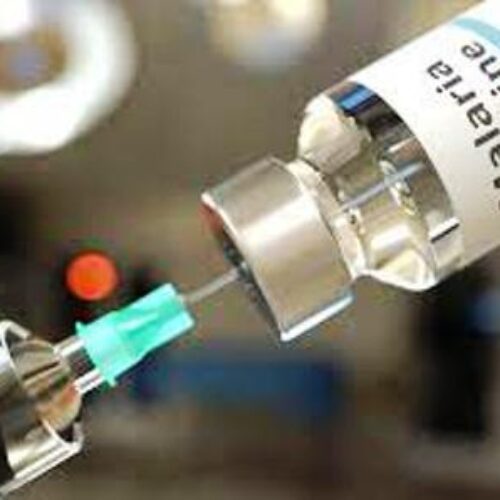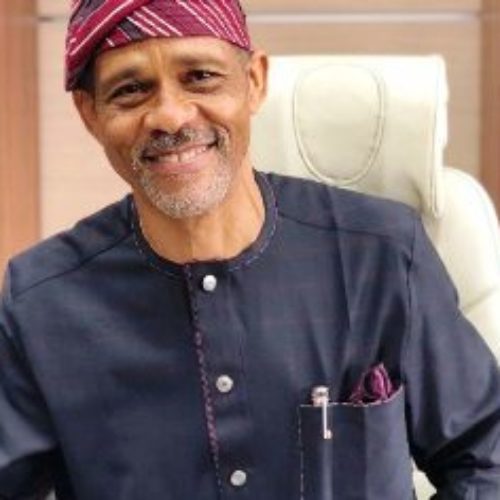75% of water, sanitation facilities in northeast Nigeria – UNICEF
“In conflict-affected areas in northeast Nigeria, 75 per cent of water and sanitation infrastructure has been damaged or destroyed, leaving 3.6 million people without even basic water services.”
The above were the words of the United Nations Children Fund (UNICEF Global Chief of Water, Sanitation and Hygiene, Sanjay Wijesekera, in a statement made available to Nigeria Health Online by the organization’s Chief of Communication in Nigeria, Doune Porter . The message heralded the World Water Week holding in Sweden this week.
UNICEF noted that children living in fragile situations are four times more likely to lack access to basic drinking water. According to the organization, Nigeria is not the only affected country.
In Yemen, another country reeling from the impact of over two years of conflict, water supply networks that serve the country’s largest cities are at imminent risk of collapse due to war-inflicted damage and disrepair. Around 15 million people in the country, UNICEF said, had been cut off from regular access to water and sanitation.
In Syria, where the conflict is well into its seventh year, around 15 million people are in need of safe water, including an estimated 6.4 million children.
The organization stated that water had frequently been used as a weapon of war.
“In 2016 alone, there were at least 30 deliberate water cuts – including in Aleppo, Damascus, Hama, Raqqa and Dara, with pumps destroyed and water sources contaminated.
“In South Sudan, where fighting has raged for over three years, almost half the water points across the country have been damaged or completely destroyed,” it stated .
All together, more than 180 million people do not have access to basic drinking water in countries affected by conflict, violence and instability around the world, UNICEF said.
“Children’s access to safe water and sanitation, especially in conflicts and emergencies, is a right, not a privilege” said UNICEF, adding that “in countries beset by violence, displacement, conflict and instability, children’s most basic means of survival – water – must be a priority.“
According to a recent UNICEF and World Health Organisation analysis, of the estimated 484 million people living in fragile situations in 2015, 183 million lacked basic drinking water services.
“In far too many cases, water and sanitation systems have been attacked, damaged or left in disrepair to the point of collapse. When children have no safe water to drink, and when health systems are left in ruins, malnutrition and potentially fatal diseases like cholera will inevitably follow.
“In Yemen, for example, children make up more than 53 per cent of the over half a million cases of suspected cholera and acute watery diarrhoea reported so far. Somalia is suffering from the largest outbreak of cholera in the last five years, with nearly 77,000 cases of suspected cholera/acute watery diarrhoea. And in South Sudan, the cholera outbreak is the most severe the country has ever experienced, with more than 19,000 cases since June 2016.
“In famine-threatened north-east Nigeria, Somalia, South Sudan and Yemen, nearly 30 million people, including 14.6 million children, are in urgent need of safe water. More than 5 million children are estimated to be malnourished this year, with 1.4 million severely s,” UNICEF further said.





0 Comments
No Comments Yet!
You can be first to comment this post!